Face your problems don't Facebook your problems
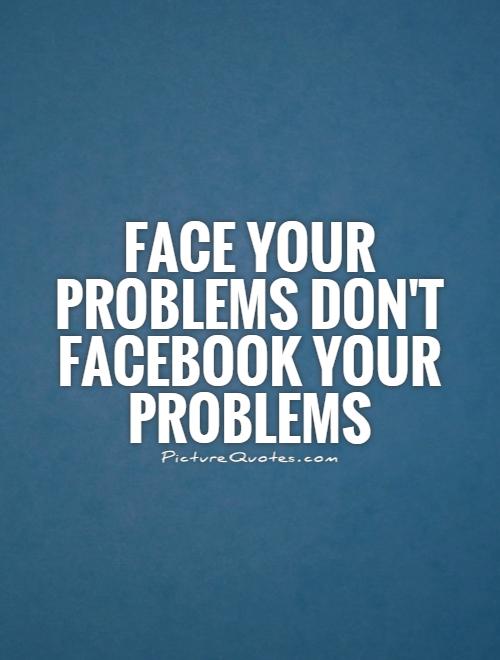
Face your problems don't Facebook your problems
In today's digital age, social media has become an integral part of our daily lives. Platforms like Facebook have revolutionized the way we communicate, connect, and share information with others. However, with the rise of social media, there has also been a rise in the tendency to use these platforms as a means of escaping or avoiding real-life problems.The phrase "Face your problems don't Facebook your problems" serves as a reminder that while social media can be a great tool for staying connected with friends and family, it should not be used as a crutch to avoid dealing with personal issues. Instead of turning to Facebook to vent about our problems or seek validation from others, it is important to confront our issues head-on and take proactive steps to address them.
One of the dangers of "Facebooking" our problems is that it can create a false sense of connection and support. While receiving likes, comments, and messages of sympathy from our online friends may provide temporary relief, it does not offer a real solution to our problems. In fact, constantly seeking validation and attention on social media can be detrimental to our mental health, as it can lead to feelings of inadequacy, loneliness, and dependency on external validation.
Furthermore, using Facebook as a means of avoiding our problems can prevent us from developing healthy coping mechanisms and problem-solving skills. Instead of facing our issues head-on and working through them, we may become accustomed to seeking instant gratification and validation from our online interactions. This can create a cycle of avoidance and dependency that ultimately hinders our personal growth and development.

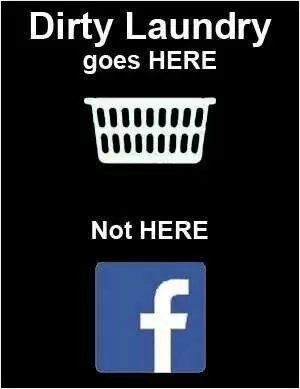

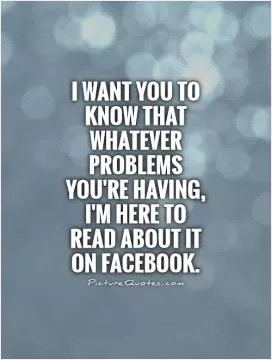
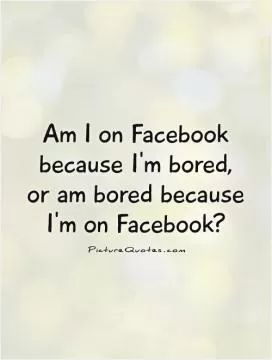

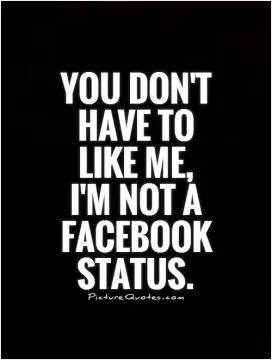
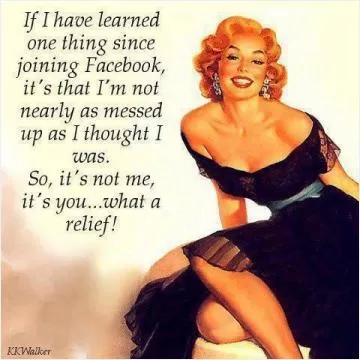

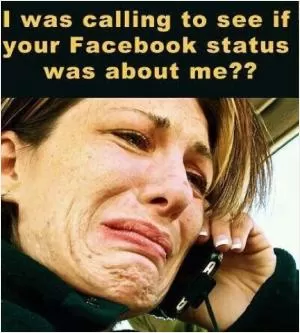


 Friendship Quotes
Friendship Quotes Love Quotes
Love Quotes Life Quotes
Life Quotes Funny Quotes
Funny Quotes Motivational Quotes
Motivational Quotes Inspirational Quotes
Inspirational Quotes